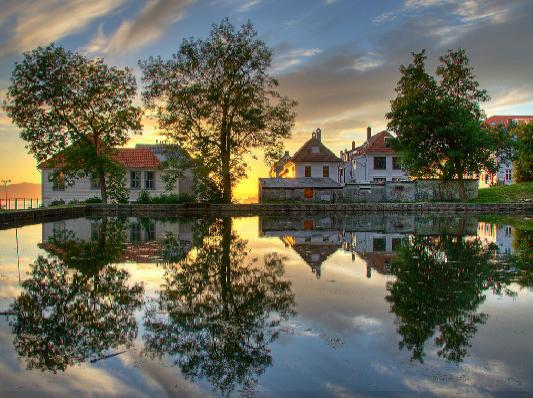
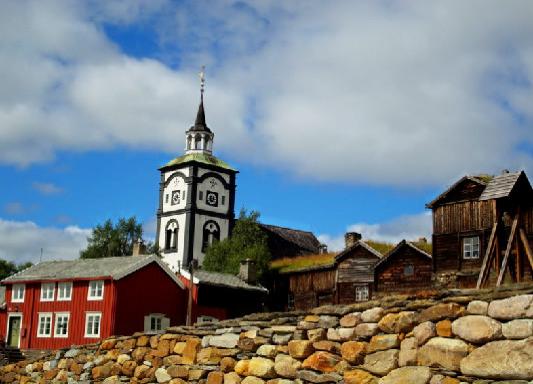
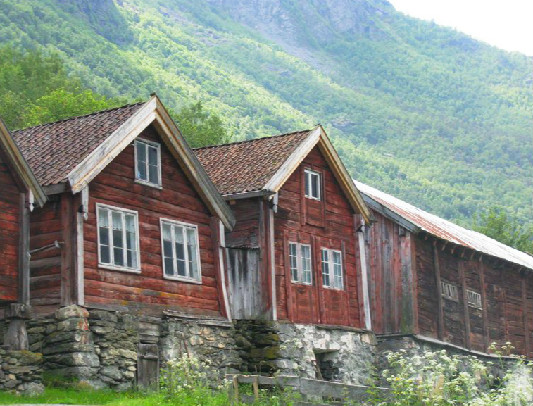
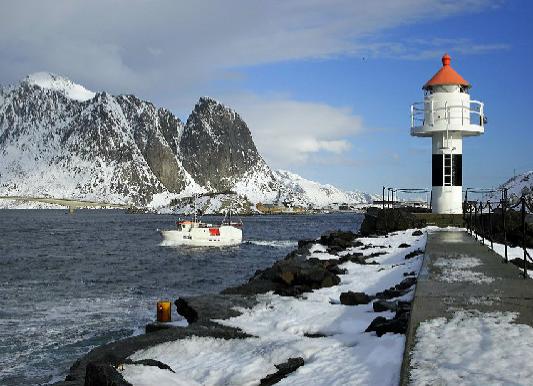

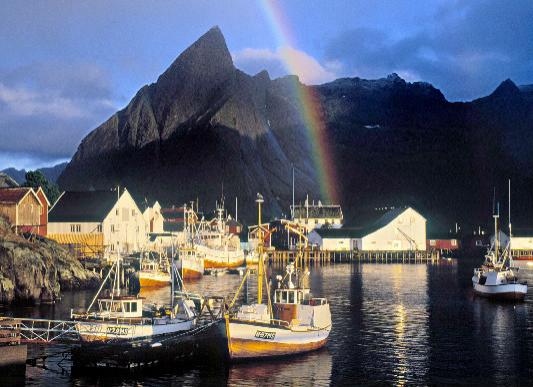
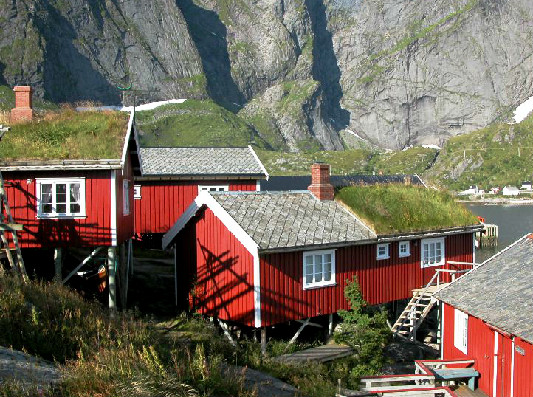

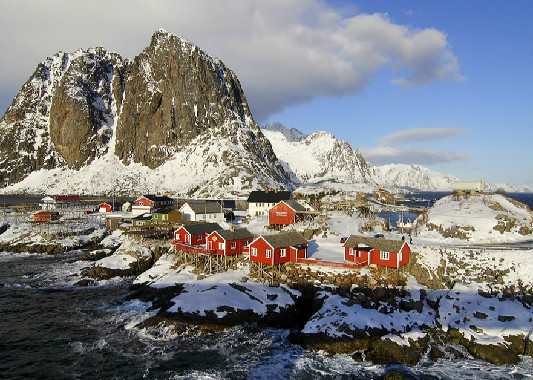


| Photos on this page are courtesy of Kepguru, CityPictures, WildernessInquiry, EarthPhotography, TopTravelLists, SlidesPost, OneBigPhoto, ScandinavianAdventure, ILTWMT, PrzemyslawMezyk@TrekEarth, ScenicReflections |
| Please don't use the 'Send page' feature of your computer to send this entire page in an e-mail message, document or pdf format. This distorts the layout and separates the page from its source. If you'd like to share it, please just send the link. The link to this page is: http://www.thepastwhispers.com/Never_Can_Tell.html |
| Music: Solitude Whispers - Home Old New Orleans Friday's Journal |
| You Never Can Tell |
| Photos on this page were taken in Norway; poems were written by Ella Wheeler Wilcox. |
| You never can tell, when you send thought or word, like an arrow shot from a bow - Be it harsh or sweet, be it cruel or kind - just where it may chance to go. |
| One ship drives east and another drives west With the self-same winds that blow. 'Tis the set of the sails and not the gales Which tells us the way to go. |
| You never can tell, when you do an act, just what the result may be; With every deed, you're sowing a seed, though the harvest you may not see. |
| Thoughts and words follow well-worn paths, each thing creating its kind, Speeding over the track, bringing back what went out from your mind. -- Ella Wheeler Wilcox |
| -- Ella Wheeler Wilcox |
| Like the winds of the seas are the ways of fate, As we voyage along through life: 'Tis the set of a soul that decides its goal, And not the calm or the strife. |
| It is easy enough to be pleasant, when life flows by like a song, But the man worthwhile is one who will smile, when everything goes all wrong. For the test of the heart is trouble, and it always comes with the years, The smile that's worth the praises of earth is the smile that shines through tears. -- Ella Wheeler Wilcox |
| In 1883, Ella Wheeler (before her marriage to Robert Wilcox) was traveling by train to Madison, Wisconsin to attend the governor's inaugural ball. As the journey began, she noticed a young woman across the aisle, dressed all in black and wearing a widow's veil. She was crying quietly and she was all alone. |
| The poet went and sat next to her, comforting her as best she could for the rest of the trip. Once in Madison, Miss Wheeler found it difficult to enjoy the festivities, still thinking of the heart-broken young woman on the train. As she was dressing for the ball, she wrote the words to a poem on a piece of hotel stationery. |
| She eventually sent it off to a newspaper and received $5 for it. Ella Wheeler Wilcox wrote and published hundreds of poems, but the one she wrote about the young widow on the train would become, by far, her most famous. She called it "Solitude." Below is an excerpt. |
| Laugh, and the world laughs with you; weep, and you weep all alone. The sad old earth must borrow its mirth, but has trouble enough of its own. |
| Sing, and the hills will answer; sigh, and it's lost on the air. The echoes bound to a joyful sound, but shrink from voicing care. |
| Rejoice, and men will seek you; grieve, and they turn and go. They want full measure of all your pleasure, but they do not need your woe. |
| There is room in the halls of pleasure for a long and lordly train, But, one by one, we must all file on through the narrow aisles of pain. |



